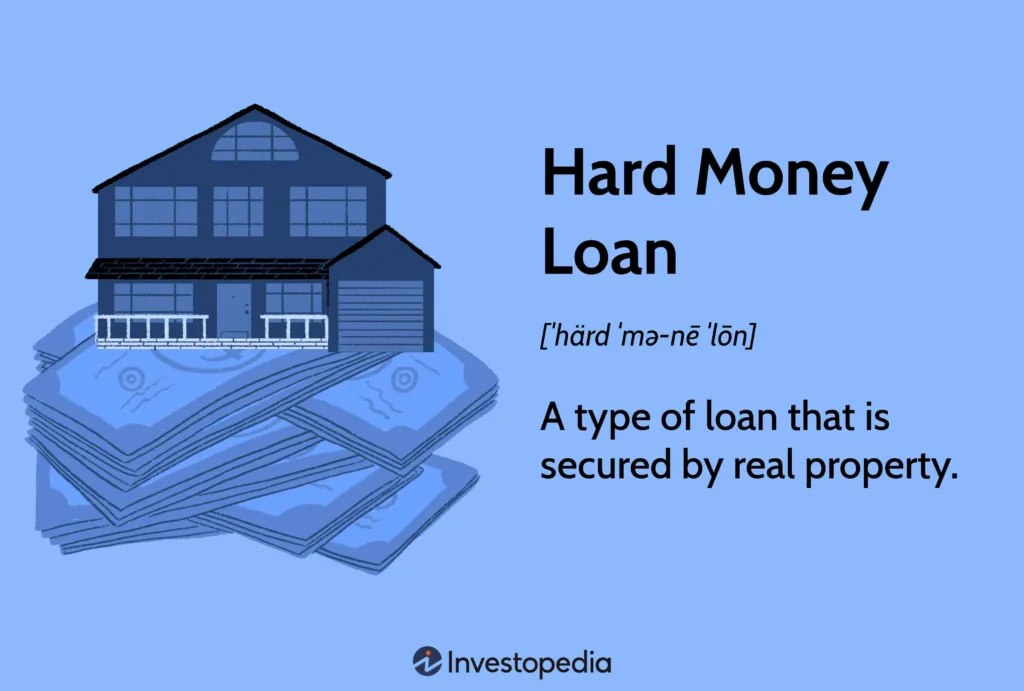In the world of real estate financing, understanding the distinction between a direct hard money lender and a broker is essential. While both entities play vital roles in connecting borrowers with the necessary funds, their roles and processes differ significantly. A direct hard money lender possesses the financial resources to provide loans directly to borrowers, whereas a broker acts as a middleman, connecting borrowers with lenders. This article explores the nuances of these roles and explores the benefits and drawbacks of working with each party. By the end, you will have a comprehensive understanding of the distinction between direct hard money lenders and brokers and be better equipped to make informed decisions within the realm of real estate financing.
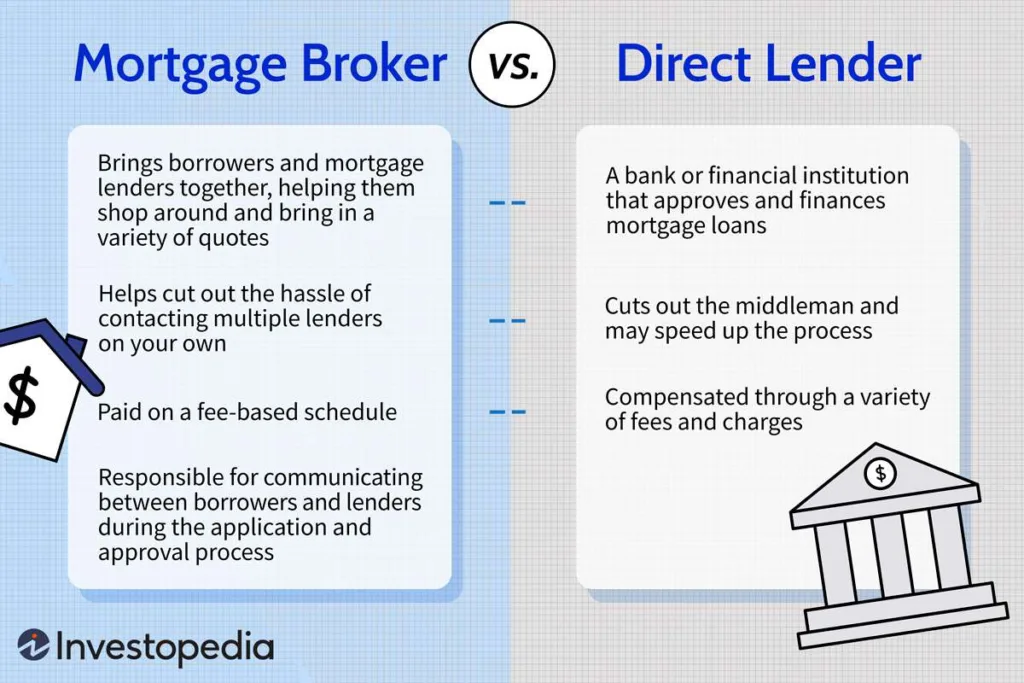
Definition of Direct Hard Money Lender
Explanation of hard money lending
Hard money lending is a specific type of financing in which borrowers secure funds from private individuals or companies, rather than traditional financial institutions such as banks. This type of lending is typically utilized for real estate investments or projects that may not meet the strict criteria of conventional lenders. Hard money loans are generally short-term and rely heavily on the collateral value of the property being financed.
Definition of direct hard money lender
A direct hard money lender is an individual or entity that directly lends funds to borrowers without the involvement of intermediaries. These lenders have their own pool of funds and are able to make decisions regarding loan approvals and terms independently. Direct hard money lenders typically assess the value of the property and the borrower’s ability to repay the loan in order to determine the feasibility of providing funding.
Role and responsibilities of a direct hard money lender
The role of a direct hard money lender is to provide borrowers with the necessary funds to complete their real estate projects or investments. They are responsible for evaluating loan applications, determining the value of the collateral, and assessing the borrower’s ability to repay the loan. Direct hard money lenders also establish the interest rates, fees, and repayment terms for the loans they provide. Additionally, they may oversee the disbursement of funds and the management of the loan throughout its duration.
Definition of Broker
Explanation of the role of a broker
A broker, in the context of hard money lending, acts as an intermediary between borrowers and direct hard money lenders. They help facilitate the loan process by connecting borrowers with lenders that are suitable for their specific financing needs. Brokers have knowledge of the lending industry and can assist borrowers in navigating the complexities of securing a hard money loan. They may also provide guidance on loan options, negotiate loan terms, and assist with the application and underwriting process.
Definition of a broker
A broker is an individual or entity that brings borrowers and lenders together for the purpose of facilitating transactions. In the context of hard money lending, a broker specializes in connecting borrowers in need of financing with direct hard money lenders. Brokers have access to a network of lenders and are familiar with their lending criteria, ensuring they can match borrowers with lenders who are likely to approve their loan requests.
Role and responsibilities of a broker
The primary role of a broker in the hard money lending industry is to assist borrowers in finding suitable lenders for their financing needs. Brokers are responsible for evaluating the borrower’s requirements, assessing their financial situation, and identifying lenders who are willing to provide the desired funding. They also play a crucial role in negotiating the terms of the loan on behalf of the borrower, ensuring they secure the most favorable terms possible. Additionally, brokers may provide guidance throughout the loan process, helping borrowers navigate any challenges that arise.
Source of Funds
Source of funds for direct hard money lenders
Direct hard money lenders utilize their own pool of funds to provide loans to borrowers. These lenders may include private individuals, investment firms, or companies specializing in hard money lending. The funds available to direct hard money lenders are typically derived from their own capital reserves or from investors seeking alternative investment opportunities. This direct access to funds allows lenders to make swift decisions regarding loan approvals and disbursements.
Source of funds for brokers
Brokers do not provide funds themselves; instead, they connect borrowers with direct hard money lenders who have their own sources of financing. Brokers earn their revenue through fees charged to borrowers or commissions from the direct hard money lenders. These fees are typically based on a percentage of the loan amount or the total loan value.
Interest Rates and Fees
Interest rates charged by direct hard money lenders
Direct hard money lenders generally charge higher interest rates than traditional lenders due to the increased level of risk associated with hard money loans. The interest rates can vary depending on the lender, the loan term, the borrower’s creditworthiness, and the specific details of the loan agreement. It is not uncommon for direct hard money lenders to charge annual interest rates ranging from 8% to 15% or higher.
Fees charged by direct hard money lenders
In addition to interest rates, direct hard money lenders often charge various fees associated with loan origination and servicing. These fees can include origination fees, underwriting fees, loan processing fees, and prepayment penalties. The specific fees and their amounts vary between lenders, so borrowers should carefully review the loan agreement and consider all associated costs before proceeding with a hard money loan.
Interest rates and fees for brokers
Brokers do not charge interest rates themselves, but they may charge borrowers fees for their services. These fees are typically negotiated between the broker and the borrower and can vary depending on the complexity of the loan transaction, the amount of funding needed, and the broker’s level of involvement. It is important for borrowers to clarify the fees with their chosen broker and understand how they will be compensated for their services.
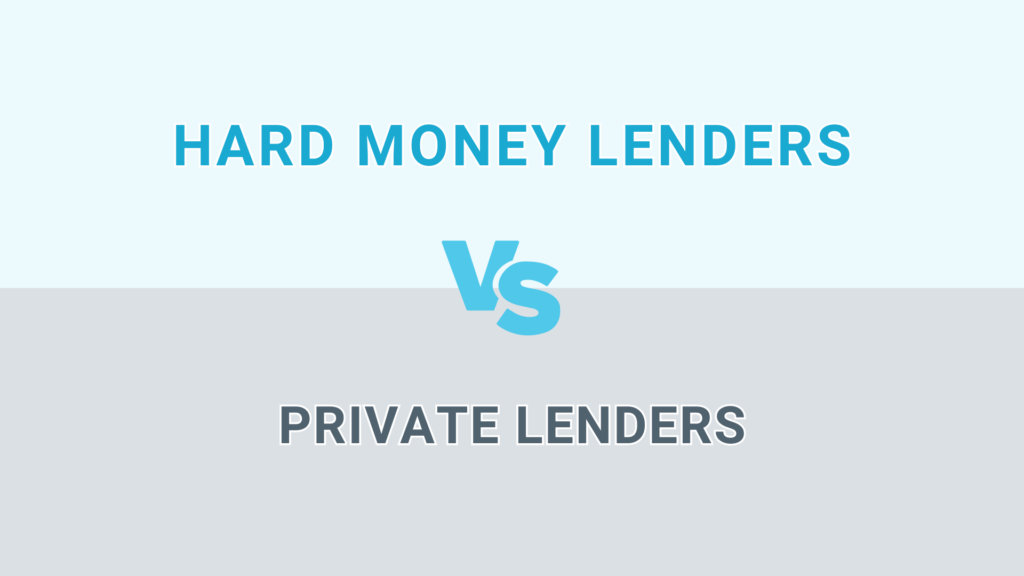
Approval Process
Approval process with direct hard money lenders
The approval process with direct hard money lenders tends to be quicker and more streamlined compared to traditional lenders. Direct hard money lenders typically prioritize the collateral value of the property being financed rather than heavily scrutinizing the borrower’s credit history or income. This allows borrowers with less-than-perfect credit or inconsistent income to still access funding. The approval process generally involves the submission of a loan application, financial documentation, and an evaluation of the property value.
Approval process with brokers
Brokers do not make loan approval decisions themselves; their role is to connect borrowers with potential lenders. Once the broker has evaluated the borrower’s financial situation and loan requirements, they will present the borrower’s application to suitable direct hard money lenders. The approval process then occurs directly between the lender and the borrower, with the lender making the final decision based on their own criteria and risk assessment.
Timeframe for Funding
Timeframe for funding with direct hard money lenders
One of the advantages of working with direct hard money lenders is the potential for a shorter funding timeframe compared to traditional lenders. Since direct hard money lenders have their own funds readily available, they can often expedite the funding process once a loan has been approved. Depending on the lender’s internal processes and the complexity of the loan transaction, funding can potentially occur within a matter of days or weeks.
Timeframe for funding with brokers
Brokers do not directly control the funding timeframe, as it is dependent upon the direct hard money lenders with whom they work. However, brokers can leverage their relationships with lenders to facilitate a swift funding process. Once a loan has been approved by the lender, the funding timeframe can be similar to that of working directly with a direct hard money lender. Brokers can provide assistance in ensuring the necessary documentation and requirements are met to expedite the funding process.
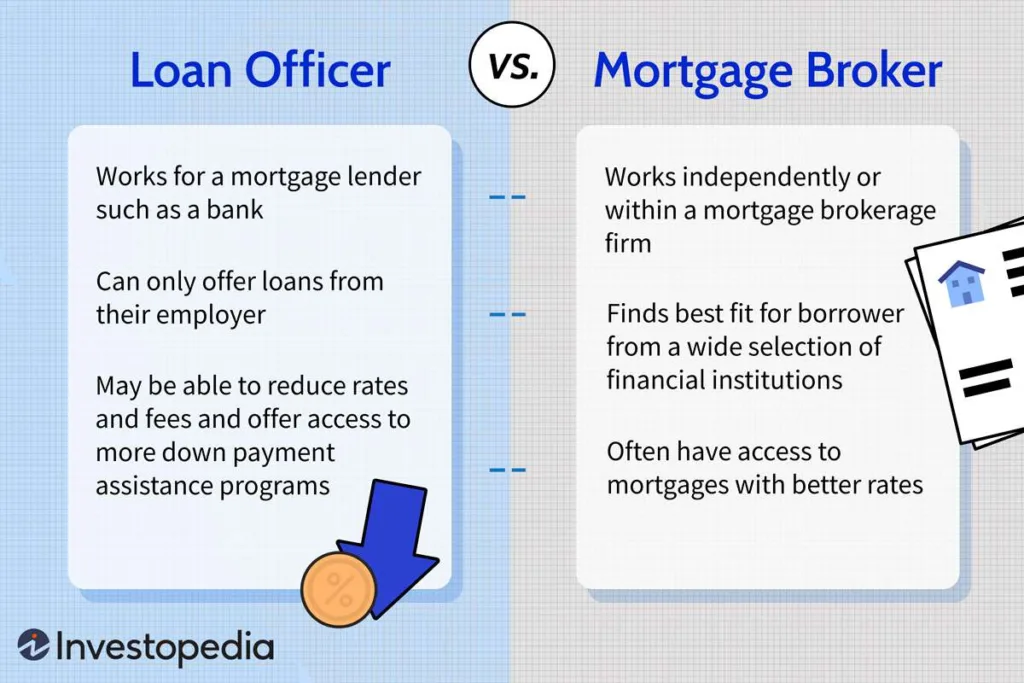
Flexibility
Flexibility offered by direct hard money lenders
Direct hard money lenders are often more flexible than traditional lenders when it comes to loan terms and eligibility criteria. Since these lenders are not bound by the same strict regulations and guidelines as traditional lenders, they have the ability to tailor loan terms to meet the specific needs of borrowers. This flexibility can include negotiating interest rates, repayment terms, and loan-to-value ratios based on the borrower’s individual circumstances and the property being financed.
Flexibility offered by brokers
While brokers themselves do not directly offer flexibility, they can serve as a valuable resource for borrowers seeking flexibility in their hard money loan. Brokers have access to a variety of direct hard money lenders, each with their own unique lending criteria and loan options. By working with a broker, borrowers can explore multiple loan options and find a lender who can provide the desired level of flexibility based on their specific needs.
Relationship with Borrower
Direct interaction with direct hard money lenders
Direct hard money lenders have a more direct relationship with borrowers compared to brokers. As they are the ones providing the funds, they are more involved in the loan process and have a vested interest in ensuring the borrower’s success. Direct hard money lenders often maintain ongoing communication with borrowers throughout the loan term and may provide guidance or assistance if any issues arise.
Relationship between brokers and borrowers
Brokers act as the intermediary between borrowers and direct hard money lenders, meaning their relationship with borrowers is slightly different. Brokers serve as a liaison, connecting borrowers with suitable lenders, but they do not typically have ongoing involvement in the loan once it has been facilitated. However, reputable brokers still prioritize open and transparent communication with borrowers, ensuring their needs are understood, and providing guidance throughout the loan application and approval process.
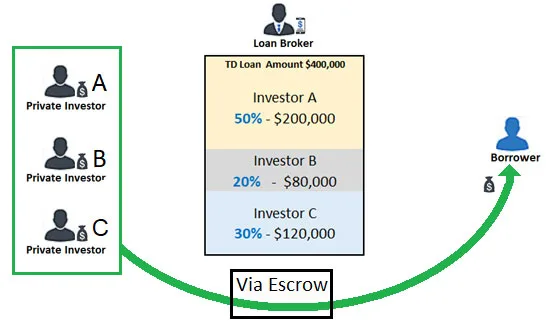
Loan Options
Loan options provided by direct hard money lenders
Direct hard money lenders typically offer a range of loan options to accommodate various borrowing needs. These loan options may include fix and flip loans, construction loans, bridge loans, or refinance loans. The specific terms and conditions of each loan option will vary depending on the lender, the borrower’s financial situation, and the property being financed. Direct hard money lenders can work with borrowers to determine the most suitable loan option for their specific real estate project or investment.
Loan options provided by brokers
Brokers can provide borrowers with access to a wide variety of loan options offered by different direct hard money lenders. The loan options available through brokers can range from short-term loans for immediate financing needs to long-term loans for more complex real estate projects. Brokers can present borrowers with multiple loan options, outline the terms and conditions of each, and guide them in selecting the most appropriate loan option based on their individual goals and needs.
Risk and Security
Risk and security factors associated with direct hard money lenders
Direct hard money lenders inherently take on a higher level of risk compared to traditional lenders. Since hard money loans are often based on the collateral value of the property rather than the borrower’s creditworthiness, there is a potential for greater risk of default. To mitigate this risk, direct hard money lenders carefully evaluate the property’s value and the borrower’s ability to repay the loan. They may also require higher down payments or impose stricter loan-to-value ratios to provide an additional layer of security.
Risk and security factors associated with brokers
Brokers themselves do not carry the same level of risk as direct hard money lenders, as they do not provide the actual funds. However, there are still risks associated with their role as intermediaries. It is crucial for brokers to thoroughly vet the direct hard money lenders they connect borrowers with to ensure they are reputable and reliable. Brokers should also prioritize the confidentiality and security of borrower information, as well as provide accurate and transparent guidance throughout the loan process to minimize any potential risks.
